As the world faces the COVID-19 pandemic, the importance of maintaining a clean and sanitized environment has become more critical than ever before, especially in medical facilities. Medical facilities, such as hospitals, clinics, and other healthcare centers, require a high level of cleaning and disinfection to ensure a safe and healthy environment for patients, staff, and visitors. Hospital cleaning is not just about maintaining a clean appearance; it is a critical aspect of infection control and prevention. In this article, we will discuss Hospital Cleaning: Meeting the Cleaning Needs of Medical Facilities.
Introduction to
In a healthcare setting, cleaning is not just about removing visible dirt and debris. It involves the removal of potentially harmful microorganisms that can cause infections. The cleaning and disinfection processes in hospitals and healthcare centers must meet the highest standards to ensure that patients, staff, and visitors are protected from infections. Inadequate cleaning can lead to the spread of infections, which can have devastating consequences, especially for vulnerable populations.
Hospital Cleaning: Meeting the Cleaning Needs of Medical Facilities
Hospital cleaning is an essential aspect of maintaining a safe and healthy environment in medical facilities. The medical office cleaning process involves the removal of visible dirt and debris and the disinfection of surfaces to kill harmful microorganisms. The cleaning needs of medical facilities are unique and require specialized cleaning products and techniques. Hospital cleaning should be done by trained and experienced professionals who understand the critical nature of the job.
The cleaning and disinfection process in hospitals and healthcare facilities is not a one-time event. It is an ongoing process that must be done regularly to maintain a safe and healthy environment. Hospital cleaning must be done according to a schedule that considers the level of use and the risk of infection in different areas of the facility. High-traffic areas such as waiting rooms, emergency rooms, and operating rooms require more frequent cleaning than low-traffic areas.
Hospital cleaning professionals must follow strict protocols to ensure that the cleaning and disinfection process is effective. They must use specialized cleaning products and equipment that are designed to kill harmful microorganisms. Hospital cleaning professionals must also follow specific procedures when cleaning different areas of the facility, such as patient rooms, operating rooms, and laboratories.
Related Read: Why Hire Cleaning Companies That Promotes Diversity And Inclusion?
The Importance of Hospital Cleaning in Infection Control and Prevention
Hospital cleaning plays a critical role in infection control and prevention. Infections can spread quickly in a healthcare setting, especially among vulnerable populations such as the elderly, children, and patients with compromised immune systems. Hospital cleaning helps prevent the spread of infections by removing harmful microorganisms from surfaces and reducing the risk of cross-contamination.
Inadequate medical clinic cleaning can lead to the spread of infections, which can have devastating consequences, especially for vulnerable populations. Hospital cleaning professionals must follow strict protocols to ensure that the cleaning and disinfection process is effective. Failure to do so can result in outbreaks of infectious diseases that can quickly spread throughout the facility.
Related Read: How the integration of Internet of Things (IoT) technology is revolutionizing commercial cleaning.
Hospital offices Cleaning Techniques and Products
Healthcare cleaning requires specialized techniques and products that are designed to kill harmful microorganisms. Hospital cleaning professionals must use disinfectants that are approved by the Environmental Protection Agency (EPA) and that are effective against the specific microorganisms found in healthcare settings.
Health cleaning products must be used according to the manufacturer's instructions and allowed to sit on surfaces for a specific period of time to ensure that all harmful microorganisms are killed. Hospital cleaning professionals must also use specialized equipment, such as microfiber cloths and high-efficiency particulate air (HEPA) vacuums, to ensure that surfaces are thoroughly cleaned and disinfected.
Related Read: The Role of Commercial Cleaning Companies in Achieving Business Goals
FAQs
What are the main challenges of hospital cleaning?
Hospital cleaning presents several challenges, including the need for specialized training, the use of hazardous chemicals, and the risk of cross-contamination. Healthcare workers who are responsible for health center cleaning must receive proper training to ensure that they are using the correct techniques and following established protocols.
Related Read: The Importance of Events Cleaning for a Successful and Safe Event
High Patient Turnover:
Hospital wards experience a constant flow of patients, leading to an increased workload for cleaning staff. As patients are discharged and new ones are admitted, rooms must be thoroughly cleaned and disinfected to prevent the spread of infections. This high patient turnover requires efficient scheduling and coordination to ensure that all areas receive appropriate attention.
Solution: Implementing a systematic cleaning schedule that prioritizes high-touch surfaces and critical areas can help manage the rapid turnover. Proper training of cleaning staff and the use of efficient cleaning equipment can also enhance productivity and ensure thorough cleaning within limited timeframes.
Related Read: The Role of Technology Hotel Cleaning Services
Infection Control:
Hospitals are breeding grounds for various pathogens, including bacteria, viruses, and drug-resistant organisms. Controlling the spread of infections requires meticulous cleaning protocols and the use of powerful disinfectants. However, some pathogens might be resilient and challenging to eliminate completely.
Solution: Regular education and training of cleaning staff on infection control protocols are crucial. The adoption of evidence-based cleaning practices, such as using EPA-approved disinfectants and following manufacturer's instructions, can significantly reduce the risk of infections.
Medical Equipment Cleaning:
Hospitals rely on a wide range of complex medical equipment, which must be cleaned and sanitized regularly. Improper cleaning of such devices can lead to contamination, affecting patient outcomes and safety.
Solution: Collaborating with the hospital's biomedical engineering department can ensure proper training on cleaning medical equipment. Additionally, establishing a clear protocol for equipment cleaning and maintenance is essential to upholding hygiene standards.
Related Read: Restaurant Cleaning : How We Helped a Restaurant Achieve Top Ratings for Cleanliness
Cleaning in Sensitive Areas:
Certain hospital areas, such as operating rooms, intensive care units, and isolation rooms, demand meticulous cleaning due to their critical nature. These spaces must maintain a higher level of cleanliness and at the same time undergo rigorous disinfection procedures.
Solution: Designating specialized cleaning teams for sensitive areas with appropriate training can guarantee a higher standard of cleanliness. Using advanced cleaning technologies like ultraviolet-C (UV-C) light disinfection systems can provide an added layer of protection in critical spaces.
Related Read: Managing costs associated with customization while still providing high-quality office cleaning
Waste Management:
Hospitals generate a substantial amount of hazardous and infectious waste daily. Therefore proper disposal of this waste is essential to prevent environmental contamination and potential health hazards.
Solution: Strict adherence to waste management regulations and guidelines is paramount. Providing cleaning staff with proper training on handling and disposing of different types of waste. Furthermore this can mitigate risks and ensure safe waste management practices.
Related Read: Hospital Cleaning: Meeting the Cleaning Needs of Medical Facilities
What are the guidelines for hospital cleaning?
There are several guidelines and standards that hospitals must follow when it comes to cleaning and disinfection. The Centers for Disease Control and Prevention (CDC) provide detailed recommendations for cleaning in healthcare facilities. With specific instructions for different types of surfaces and equipment. The Occupational Safety and Health Administration (OSHA) also has regulations in place to protect workers. That includes protection from hazardous chemicals and infectious materials. Additionally, many hospitals have their own policies and procedures for professional cleaning and disinfection. Normally based on industry standards and best cleaning service practices.
Related Read: Aged Care Cleaning: Strategies for Preventing the Spread of Diseases
What types of cleaning products are used in hospitals?
Hospitals use a variety of professional cleaning products to disinfect surfaces and equipment. For example, disinfectant wipes, sprays, and solutions, as well as specialized equipment like ultraviolet light disinfection systems. Using different products depending on the type of surface or equipment being cleaned and the level of disinfection required. Secondly hospitals must also ensure that all cleaning products are safe for use around patients and staff. In this case, products are properly used according to the manufacturer's instructions.
Related Read: Childcare Cleaning Services: Finding the Right Provider
How often should hospital cleaning be performed?
The frequency of hospital cleaning depends on several factors, including the type of area being cleaned. The level of patient activity, and the risk of infection. In addition high-touch surfaces like doorknobs, light switches, and handrails may need to be cleaned multiple times per day. Not to mention less frequently used areas like storage rooms may only need to be cleaned weekly. Patient rooms are typically cleaned daily or after a patient is discharged. Another key point is operating rooms and other specialized areas may require more frequent cleaning and disinfection.
Related Read: The Role of Automation in Sustainable Transport and Logistics Cleaning
What are some best practices for healthcare cleaning?
Some best practices for hospital cleaning include using proper techniques for hygiene standards and disinfection. Wearing personal protective equipment (PPE) when necessary, and following established policies and procedures. In this situation, healthcare cleaning workers should have proper training on proper use of cleaning products and equipment. Additionally, they should follow a schedule for regular cleaning and maintenance. Communication between professional cleaning staff and other healthcare workers is also important too. First thing to remember is to ensure that everyone is aware of any infection control concerns or issues with cleaning.
Related Read: The connection of school cleaning and students health
How SCS Group Integrated Services Ensures Optimal Hospital Cleaning in Perth
As the best hospital office cleaning company in Perth. SCS Group Integrated Services understands the unique challenges and requirements of cleaning in a healthcare setting. As a result, we use specialized medical cleaning techniques and state-of-the-art equipment. Furthermore, we use disinfectants to ensure that all surfaces and equipment have proper cleaning and sanitization
Our team of professional healthcare cleaners is trained in specialized medical cleaning techniques for healthcare facilities. Especially high-touch surface cleaning, such as patient room cleaning, and specialized cleaning of operating rooms and other critical areas. Additionally, we use state-of-the-art equipment and disinfectants. To ensure that all surfaces are cleaned and sanitized, reducing the risk of infection and disease transmission.
At SCS Group Integrated Service. Our commitment to the health and safety of our clients. Same with hospital and healthcare patients, and our staff. We follow strict infection control protocols and use eco-friendly cleaning products to minimize the impact on the environment. Choose SCS Group Integrated Services for all your hospital cleaning needs.
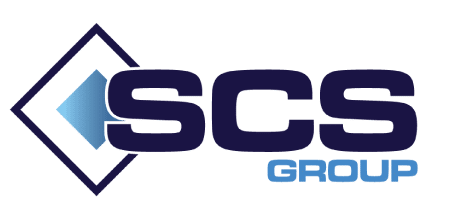
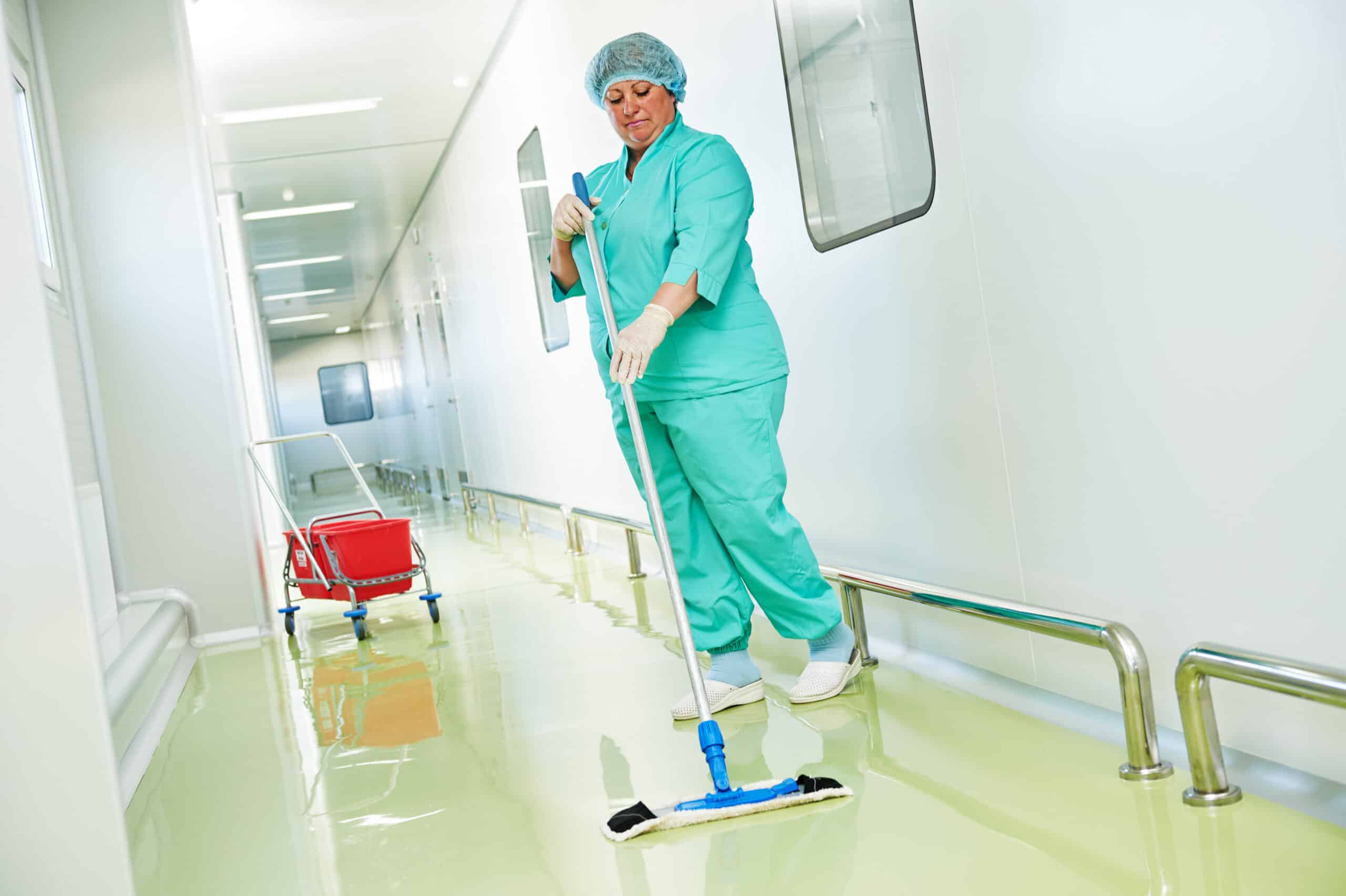

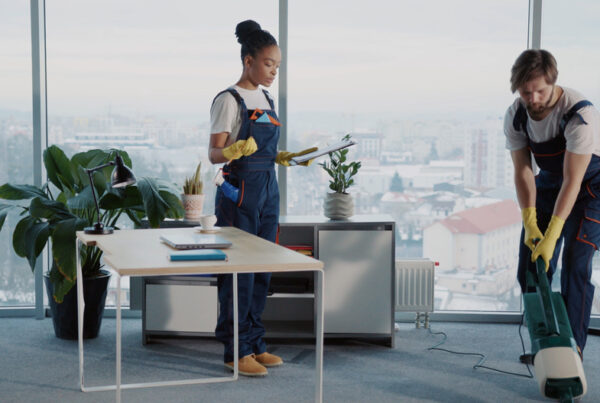
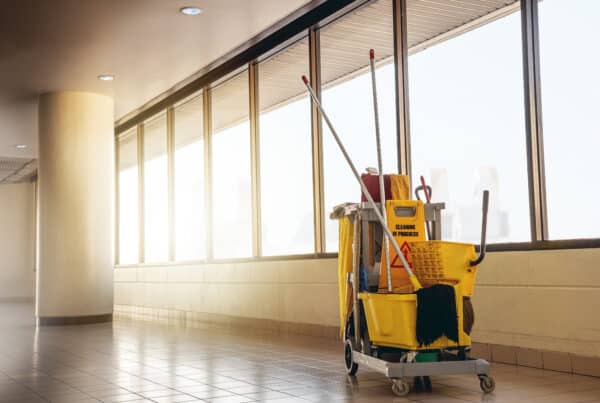
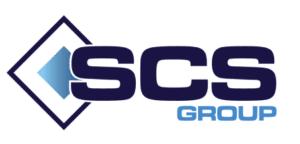


Hello, what chemical (organic/inorganic) does your company use to disinfect hospital? Thank you.